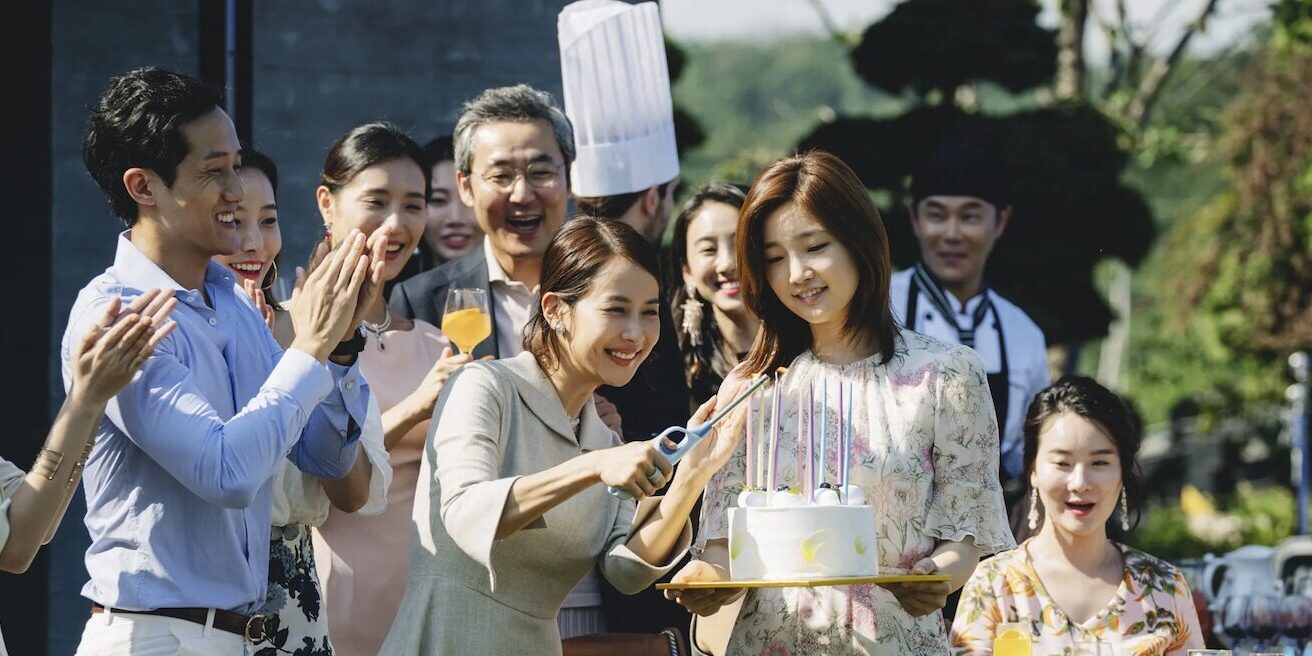What is han? Denoting a sense of deep sorrow, frustration, resentment, and anger that comes from suffering and trauma, han 한 恨 is often presented as a quintessentially Korean feeling. Some insist that only Koreans can truly comprehend and experience it. While the cultural significance of han has declined significantly in South Korea since the late 1990s, it has caught on among Korean Americans in the search for their identity as Americans of Korean ancestry, the idea appearing regularly in their writings including in fiction and memoirs.
The spectacular success in the US of South Korean popular culture in recent years, with films like “Parasite”, television shows like “Squid Game”, and the music of K-pop, has given rise to interest in Korean culture in general. In various analyses of the subject, the concept of han has appeared with some frequency. Unfortunately, few seem to be aware of the troubling history of the idea,
In a new essay, Professor Minsoo Kang posits an interesting question: Is it time to revisit the origins of han and consider rejecting it as a defining characteristic unique to the Korean people? Here is an introduction to his thought provoking essay:
- Han originates not in Korean tradition but in Japanese imperial ideology. The notion of Koreans as a people marked by a deeply ingrained sadness was invented by the Japanese, and it was used to subjugate and exploit the people of the peninsula during the colonial era.
- After liberation from the Empire of Japan in 1945, han did not fall out of favor but was taken up by Korean nationalists to construct a sense of Korean exceptionalism.
- Han also took on a gendered aspect as well, seeing women as exemplary carriers of han and aestheticizing their suffering. In fact, praising women for their quiet and uncomplaining bearing of pain became part of the sexist reaction against the advancement of women’s rights and opportunities in South Korea.
- Given its problematic origin and the various changes in meaning it went through in the course of the twentieth century, one must consider whether it is advisable to use the term to describe Korean culture and character, or if it amounts to a mere stereotype that must be questioned.
Read “Against ‘han’, or why Koreans are not defined by sadness“, by Minsoo Kang.





